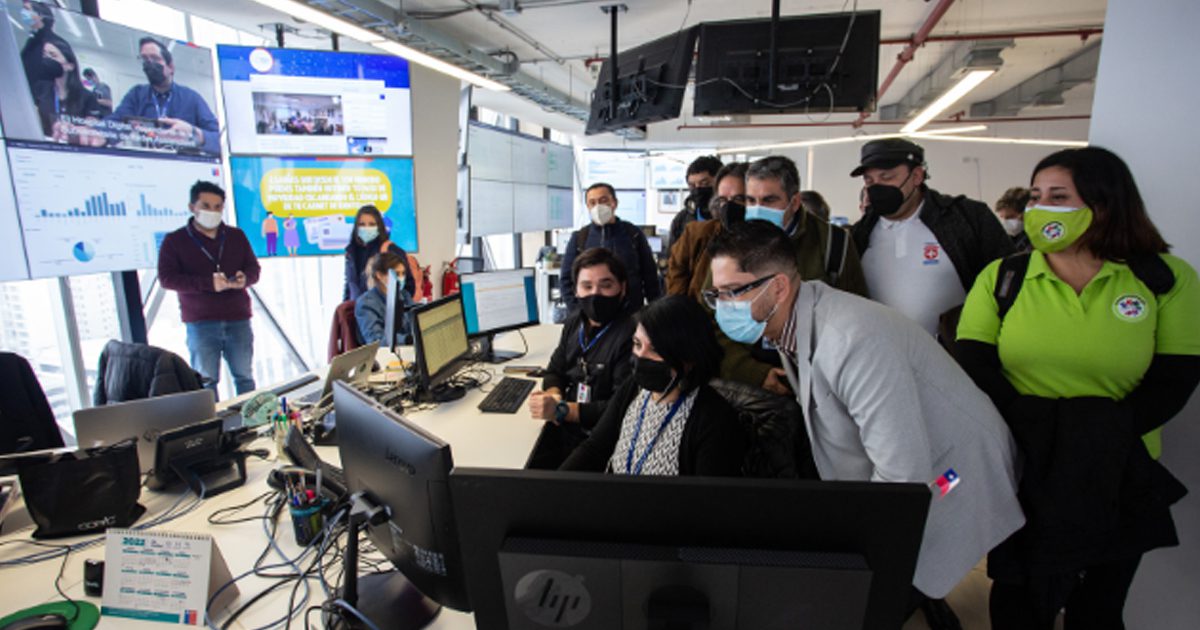In October, the research paper Preventive digital mental health interventions for children and young people: a review of the design and reporting of research was published in npj Digital Medicine.
Digital health interventions (DHI) can be used to address mental health problems, however, they may also be applied for early prevention and intervention in mental health problems.
The objective of the research was to"examine existing evidence-based DHI interventions and review how well the research literature describes the factors that researchers should include in their designs and study reports to support real-world implementation. A search was conducted for relevant publications published as of 2013."
Eligibility criteria for DHI studies were as follows:
- Peer-reviewed studies
- DHIs for mental health disorders
- Children and young people aged 0–25 years old
- Universal, selective or indicated prevention
- Participants were not included in studies on the basis of a clinical diagnosis (e.g. Depression or anxiety)
- DHI delivered in any location
In this way a total of 960 studies were found in different databases. Finally, after the review and application of the criteria, 30 studies were included in the research.

“The majority of studies reported on interventions accessed via the internet (n = 21) while a small number used instant messaging (n = 2) or social media elements (n = 1). Some used an app (universal = 2, selective = 1), whilst those available only on a desktop or laptop computer (n = 8) mainly used game elements (n = 5).”
Three types of studies were found, universal prevention, selective prevention and prevention studies indicated, from the first group: eight correspond to studies conducted in Australia, Spain, the Netherlands, Canada, the United States and Norway with one each. Of the second group, two studies belonging to the United States and one to the Netherlands, and in the third group, five correspond to Australia, three Holland and United States, two to New Zealand and one to the United Kingdom and Hong Kong.
Despite offering evidence-based interventions, DHI does not reach the desired potential and the design and presentation of research reports does not support their implementation in a real situation. DHI are generally used to administer cognitive behavioral therapies for prevention, applied to patients with symptoms of depression or anxiety. However, it is not so feasible to do so through digital media. On the other hand, preventive ADDs can achieve greater reach by performing mixed, through digital media and face-to-face sessions.






